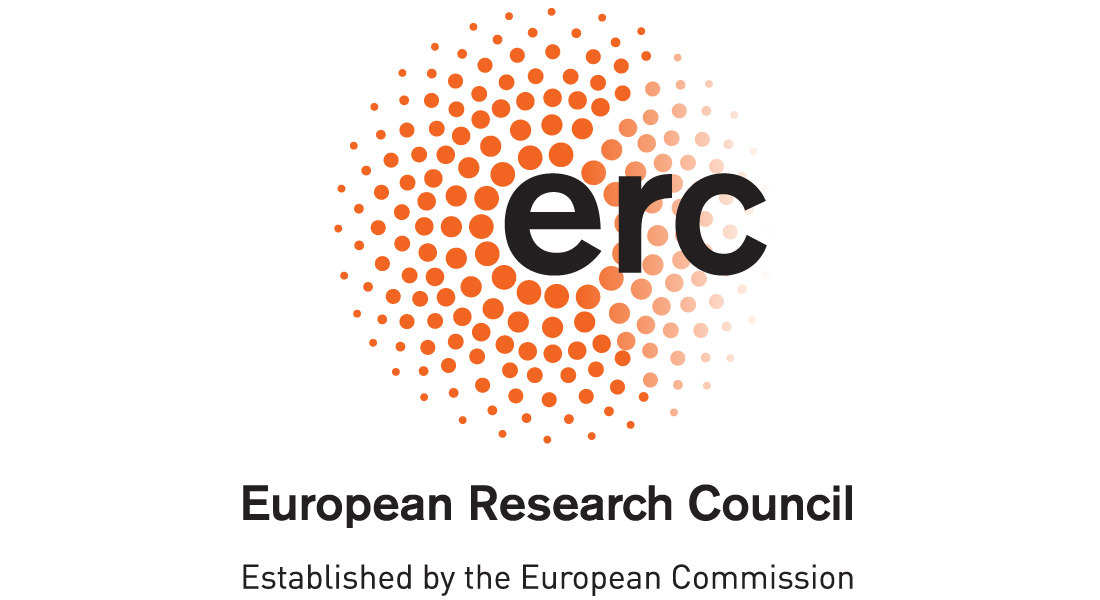Associate Professor Żylicz awarded ERC Grant
The European Research Council (ERC) has awarded Associate Professor Jan Żylicz and his team a 1,5 million euro grant for their work on unravelling specificity of epi-metabolic regulation in development. The grant is awarded for a period of five years.
“I’m really thrilled about ChroMeta because it gives us a unique opportunity to delve deep into the molecular mechanisms behind how metabolism controls chromatin. This kind of regulation is widespread, but our understanding of the specifics is rather limited,’ says Żylicz, principal investigator at the Novo Nordisk Foundation Center for Stem Cell Medicine, reNEW.
Building the embryo from stem cells
Life starts with a single fertilized egg, which divides to form a group of stem cells that build the early embryo. Within the first week after fertilization, these stem cells make the initial decisions crucial for the successful implantation of the embryo. Studies have shown that, in addition to transcription factors, regulation via epigenetic and metabolic mechanisms plays a key role in how stem cells make decisions. In this process, the cell acquires a new identity, meaning it becomes a specialised cell expressing specific genes.
Although it is known that this process takes place, the molecular mechanisms of how metabolism shapes the decision-making process of stem cells remain largely unclear.
Addressing the fundamental biological question
Studies have shown that when the environment of the embryo changes or when development progresses, metabolic reactions are rapidly affected. Without mechanistic data on how this process is linked to the decisions that cells need to make, it is difficult to understand how normal development can proceed.
Therefore, we aim to uncover the basic regulatory principles of how metabolism, the way cells produce and consume energy to grow, is linked to epigenetic memory. Uncovering how this happens at the molecular level will finally reveal how metabolism shapes long-term cellular memory.
By functionally uncoupling epigenetic from metabolic regulation, we not only seek to uncover its importance for controlling cellular memory but also for implantation and successful pregnancy.
Impact on science and society
This project will unravel how two basic processes that cells of an embryo need to perform—producing energy and remembering their identity—are mechanistically linked to one another. In doing so, the project could help understand how IVF media could be redesigned in the future to promote efficient implantation.
